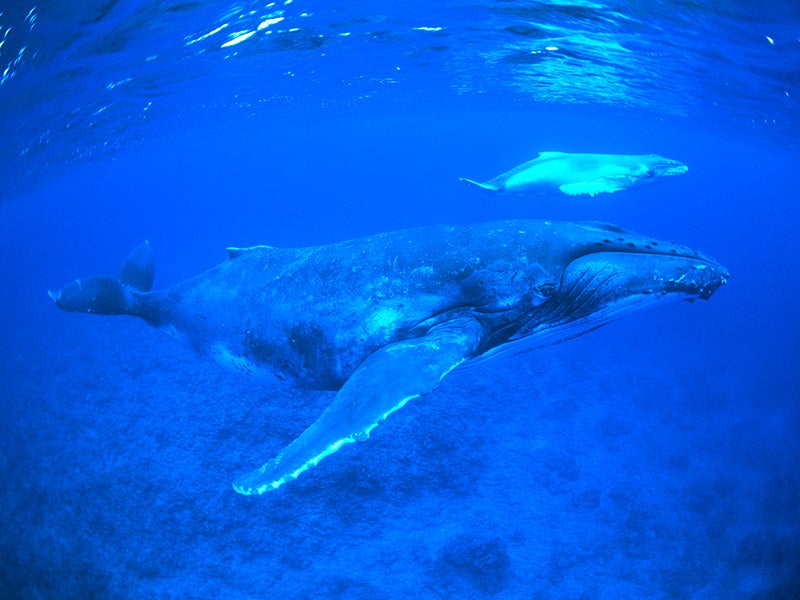Obama Opens Door to More Dirty Drilling in Atlantic
On July 18, the U.S. Bureau of Ocean Energy Management gave its stamp of approval to a framework for oil and gas exploration in the Atlantic Ocean, on an area of land stretching from Florida to the Delaware Bay.

This page was published 11 years ago. Find the latest on Earthjustice’s work.
Which of the following issues do you think is important for the environmental movement?
- Protecting marine species, such as whales, dolphins and sea turtles
- Investing in a clean energy future and reducing U.S. dependence on fossil fuels
- Avoiding unnecessary risk of oil spills in our world’s oceans
Any choice indicates that you may find troubling a recent announcement from the Obama administration. This one’s a doozy—read on.
On July 18, the U.S. Bureau of Ocean Energy Management gave its stamp of approval to a framework for oil and gas exploration in the Atlantic Ocean, on an area of land stretching from Florida to the Delaware Bay. The approved method involves continually firing sonic airguns, which emit sound waves many times louder than jet engines, to look for underground geological structures that may contain oil and gas:
The testing and possible drilling would occur far enough off the Atlantic coastline that the water in question is federally owned, rather than under the governance of individual states. So unlike most fracking in America (which occurs on private property), the Obama administration intends to lease public land—meant to be managed in the public interest—to private fossil fuel corporations turning a profit.
So what is exactly at stake here? First of all, the testing alone would injure an estimated 138,000 marine mammals from 34 species, according the administration’s own estimates. The seismic blasts pose a particular risk to whales and dolphins that rely heavily on sound to navigate, communicate and find food. For these animals, damage to their hearing capabilities may be a death warrant.
This is all for the sake of supporting—indeed, subsidizing—a vast expansion of the U.S. fossil fuel industry. For an administration that has committed to combatting climate change and has recently released an ambitious climate plan, this would appear to be a step—or two, or three—in the wrong direction.
Furthermore, drilling operations would inevitably degrade the marine areas in question, as “minor” oil spills are considered ordinary occurrences for oil companies. Polluting coastal habitats would put critter communities at risk, and towns dependent on the fishing and tourism industries may suffer economically. And, of course, there is the very real possibility that a major disaster would occur somewhere down the line, akin to the BP oil spill in the Gulf of Mexico (which, incidentally, directly preceded Obama’s decision to delay leasing land in the Atlantic for oil and gas exploration back in 2010).
It seems vital that we put a stop to the project sooner rather than later; before industry has the promise of profit too securely within arm’s reach. Michael Jasny, Director of NRDC’s Marine Mammal Protection Project, describes seismic exploration as a “gateway drug” to oil and gas drilling—an apt characterization of what would surely be the intoxicating allure, for industry and government alike, of concretely identified areas said to contain fossil fuels.
Environmentalists must come together now and call on the administration to pass a moratorium on leasing offshore federal land to the fossil fuel industry, such as the bans which existed from 1982–2008. Jamie Henn, co-founder of 350.org, says that a moratorium would be “a major step forward on climate. It’s a campaign waiting to happen.”